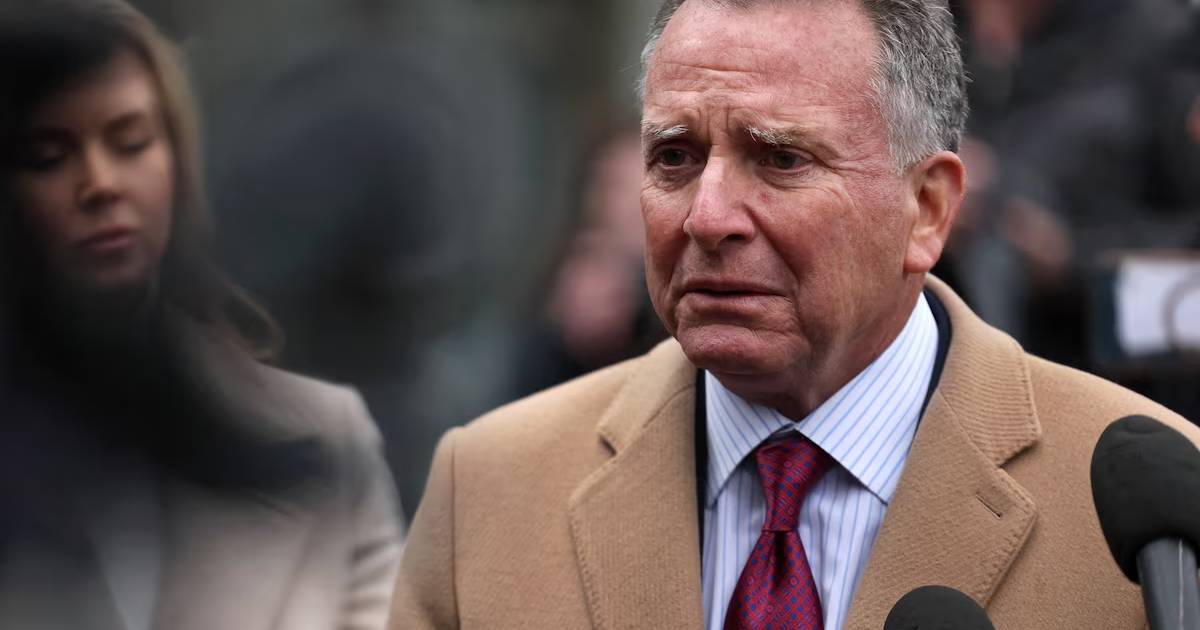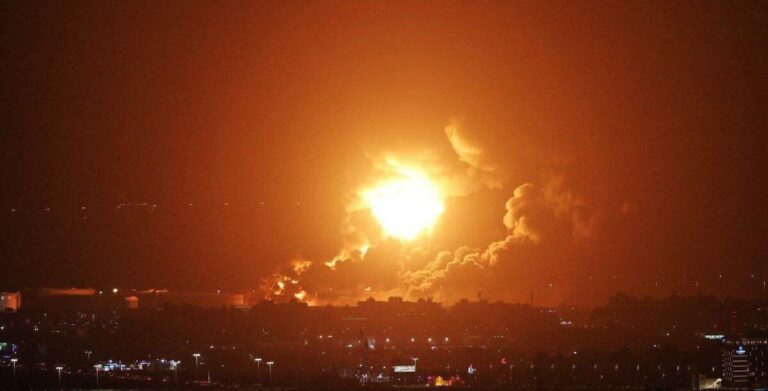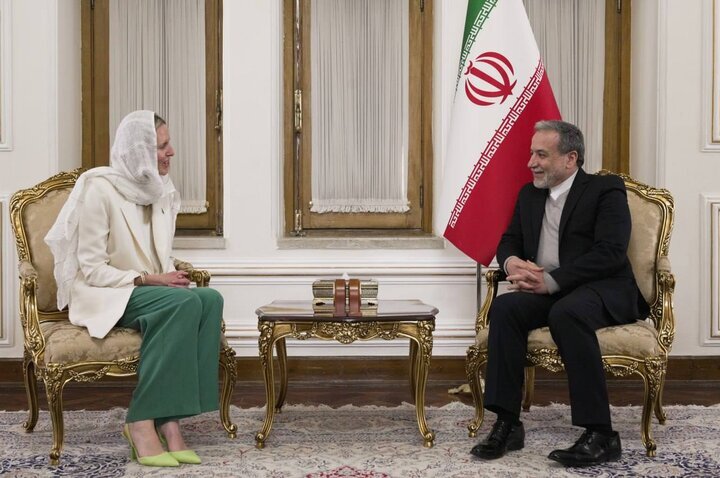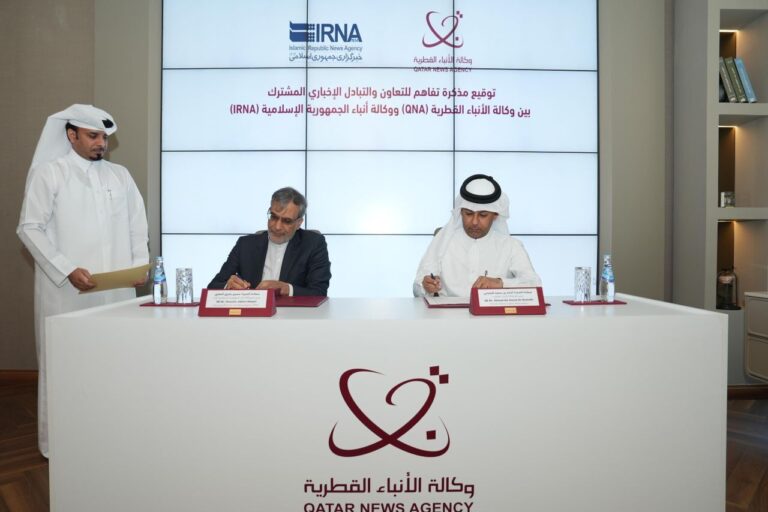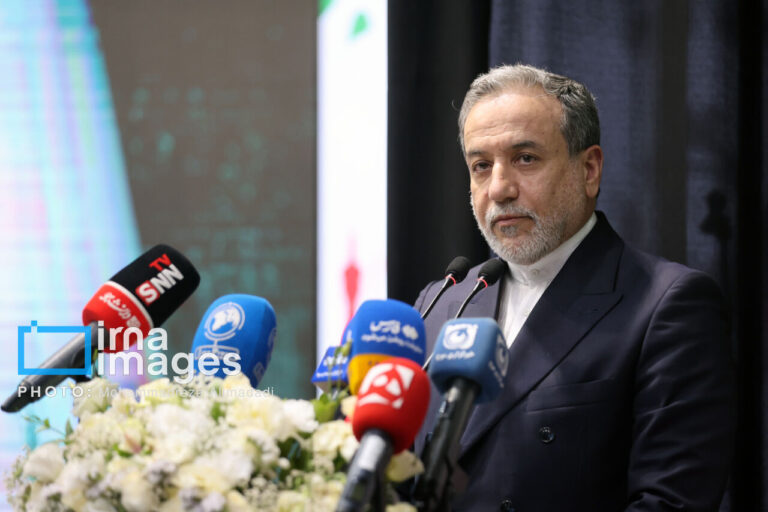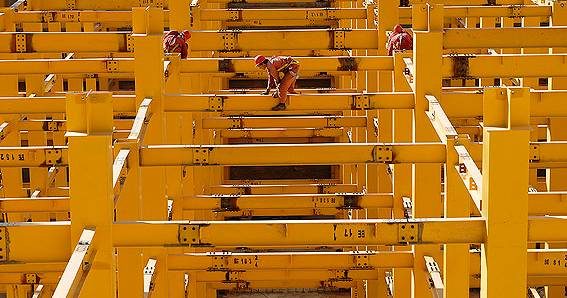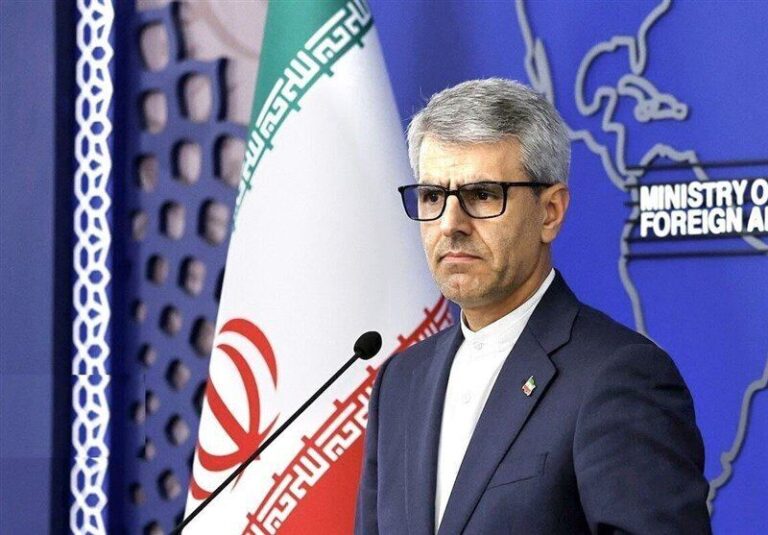Will Direct Talks Between Iran and the US Finally Happen? Exploring the Path to Diplomacy
The upcoming nuclear talks between Iran and the United States in Oman have stirred significant interest, particularly following President Donald Trump’s announcement regarding direct negotiations. Iran, however, has clarified its position, insisting that the discussions will remain indirect. This article delves into the details surrounding the negotiations and the perspectives of various stakeholders.
Iran’s government spokeswoman, Fatemeh Mohajerani, along with Foreign Minister Abbas Araghchi, has emphasized that the anticipated talks with US envoy Steve Witkoff will be conducted indirectly. While Mohajerani did not completely dismiss the possibility of direct negotiations, she affirmed that Araghchi would lead Iran’s nuclear negotiating team as its highest-ranking official.
Prior to Trump’s surprising announcement, both Araghchi and foreign ministry spokesperson Esmaeil Baqaei had publicly denied the existence of any negotiations. The shift in this narrative was notably triggered by Trump’s declaration during a meeting with Israeli Prime Minister Benjamin Netanyahu.
According to Shahram Kholdi, an expert in Middle Eastern and international relations, Iran’s insistence on maintaining indirect talks is rooted in the beliefs of Supreme Leader Ali Khamenei, who views direct negotiations with the US as dishonorable. Kholdi’s insights highlight the delicate balance of national pride and diplomatic strategy that characterizes Iran’s approach.
In contrast, Jason Brodsky, policy director at United Against Nuclear Iran (UANI), suggested that Tehran might have been taken aback by Trump’s announcement. Brodsky speculated that the announcement was likely intended to apply pressure on Tehran, framing it as unreasonable should it decline the meeting. He indicated that while indirect negotiations might still take place, both parties would need to creatively navigate the definitions of what constitutes direct versus indirect talks.
Meanwhile, Nour News, a media outlet closely associated with Iran’s Supreme National Security Council, dismissed claims that Iran was responding to US pressure. In a post on X, they asserted that Iran had established the time and location for the talks in Oman and communicated these details to the US via Omani intermediaries. The post emphasized that “no one-sided narratives—the initiative was in Tehran’s hands.”
Iranian foreign relations expert Ali Nasri criticized the fixation on the terminology surrounding negotiations. In a post on X, he stated, “The bias regarding the words ‘direct’ or ‘indirect’ in the matter of negotiations does not benefit the lives of the Iranian people. What matters is whether the negotiation process is effective or ineffective.” He further reiterated that the key factor should be the effectiveness of whichever approach best serves national interests.
Former Iranian ambassador to Germany, Hossein Mousavian, and a previous senior nuclear negotiator, drew a historical parallel in his observations. He recalled that previous negotiations during the Obama administration began under EU supervision but eventually transitioned to direct talks between Iranian and American officials. Mousavian expressed optimism about a potential similar arrangement in Oman, stating, “It seems that Washington and Tehran have adopted a wise approach, and there is a chance for an agreement.” He praised both negotiators, Witkoff and Araghchi, as capable, experienced, moderate, and wise.
Political commentator Reza Nasri argued that Iran has strategic reasons to engage in discussions with Trump. He remarked, “Biden couldn’t deliver due to internal weakness and fear of the anti-Iran lobbies. Obama reached a deal, but Republicans killed it. Ironically, Trump may be the only U.S. president strong enough to defy the establishment, bypass Washington’s foreign policy elite, and strike a deal that actually lasts.”
The Iranian market has reacted positively to the prospect of negotiations, whether they are direct or indirect. The Tehran Stock Exchange (TSE) has seen a substantial rise, increasing by 59,000 points to reach 2.8 million. Additionally, the Iranian rial has shown signs of recovery, climbing from a record low of around 1,050,000 to approximately 960,000 per dollar.
- Key Points from the Upcoming Nuclear Talks:
- Iran insists on indirect negotiations despite Trump’s announcement about direct talks.
- Government officials stress the importance of protecting national interests.
- Market reactions have been positive, showcasing optimism about the talks.
- Experts weigh in on the implications of terminology in negotiations.
In conclusion, as the nuclear talks approach, the dynamics between Iran and the United States remain complex. With both sides navigating a landscape filled with political sensitivities and strategic interests, the outcome of the discussions in Oman will be closely monitored by observers worldwide.
